Telecom businesses can further expand their role in the AI era by providing diversified services, in which cooperation with Big Tech is necessary to improve quality.
This is the comment of KT CEO Kim Young Shub at M360 APAC, a global mobile conference organized by the GSM Association in Seoul on October 1.
In his keynote speech, Mr. Kim said that AI-based services have been present in all fields, from telecommunications, healthcare to public transportation, manufacturing, logistics.

According to the KT chief, having a communications network that supports ultra-wideband and ultra-low latency is essential to fully realize AI-based services such as personalized mobility services, autonomous vehicles, and unmanned factories.
“Telecom companies must continue to lead the charge towards next-generation networks like 6G,” said Kim.
This is the second year of M360 APAC. With the theme “Enabling Digital Nations with AI”, this year’s event brings together leaders from the world’s leading telecommunications and technology companies, including CelcomDigi Berhad, Huawei, Samsung Electronics and Telstra.
For carriers, the key to realizing innovation will depend on how actively they collaborate with Big Tech, startups, and other industry players.
KT has entered into a five-year partnership with Microsoft to develop customized AI solutions for Korea and build a technology innovation center.
In addition, companies should ensure sovereignty over data, solutions and infrastructure, according to KT CEO. Mr. Kim also raised the prospect of network generations such as 4G, 5G, 6G coexisting based on specific applications, optimized in their respective fields.
KT is operating a range of AI-based services such as intelligent image analysis and intelligent transportation systems. “The AI era has arrived, and such services will be integrated into everyday life,” he said.
At the event, Samsung Electronics President Kim Woo June, who heads the network business, called on telecom carriers to completely overhaul their infrastructure, processes and organizational structures to fully grasp the transformational potential of AI, pointing out that the current structure is "inflexible".
The big problem for carriers, he said, is that different functions are developed on different hardware, different management systems and different managers.
The president of Samsung Electronics believes that the network of the future should be versatile, flexible, and require a single point of control so that things can be added and changed easily. These changes will lead to simplified organization, more efficient operations, and lower costs.
South Korean Minister of Science and ICT Yoo Sang Im commented that AI technology is very important, helping to solve various social problems.
It affects every corner of industries, people and nations, and is unprecedentedly controversial, he pointed out.
However, right now, AI is emerging as a driver of economic growth, helping to overcome the structural challenges facing society.
(According to Korea Herald, Korea Times)
Source: https://vietnamnet.vn/cong-nghe-4g-5g-6g-se-cung-ton-tai-trong-tuong-lai-2327776.html




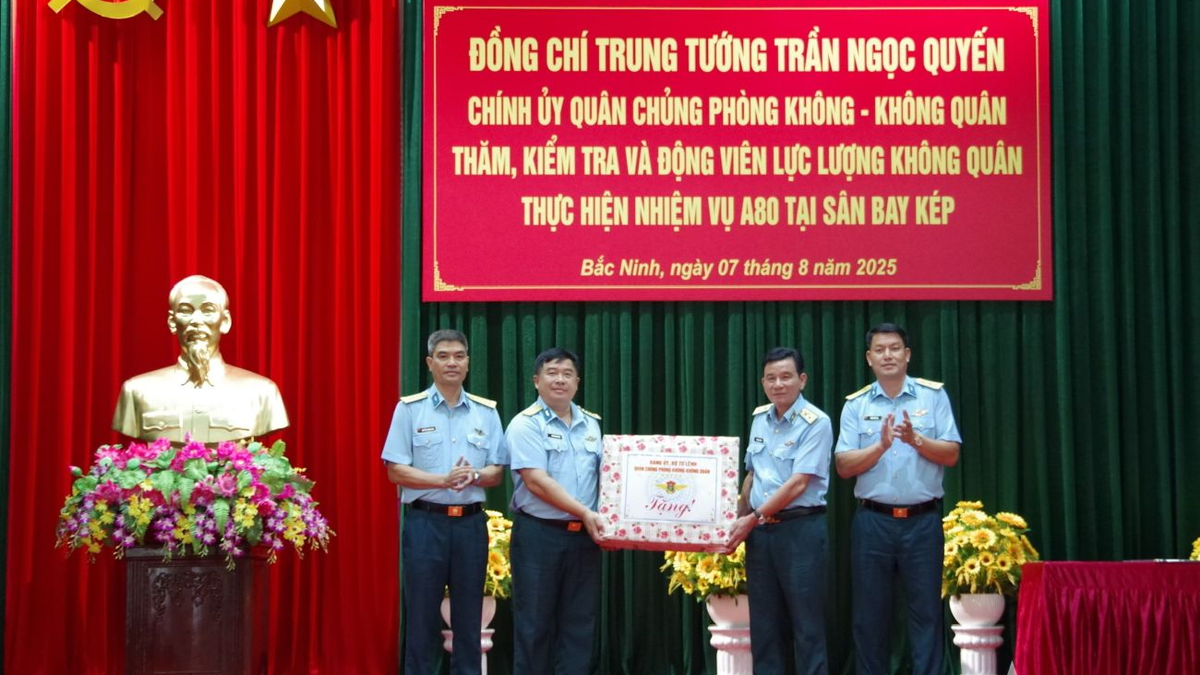


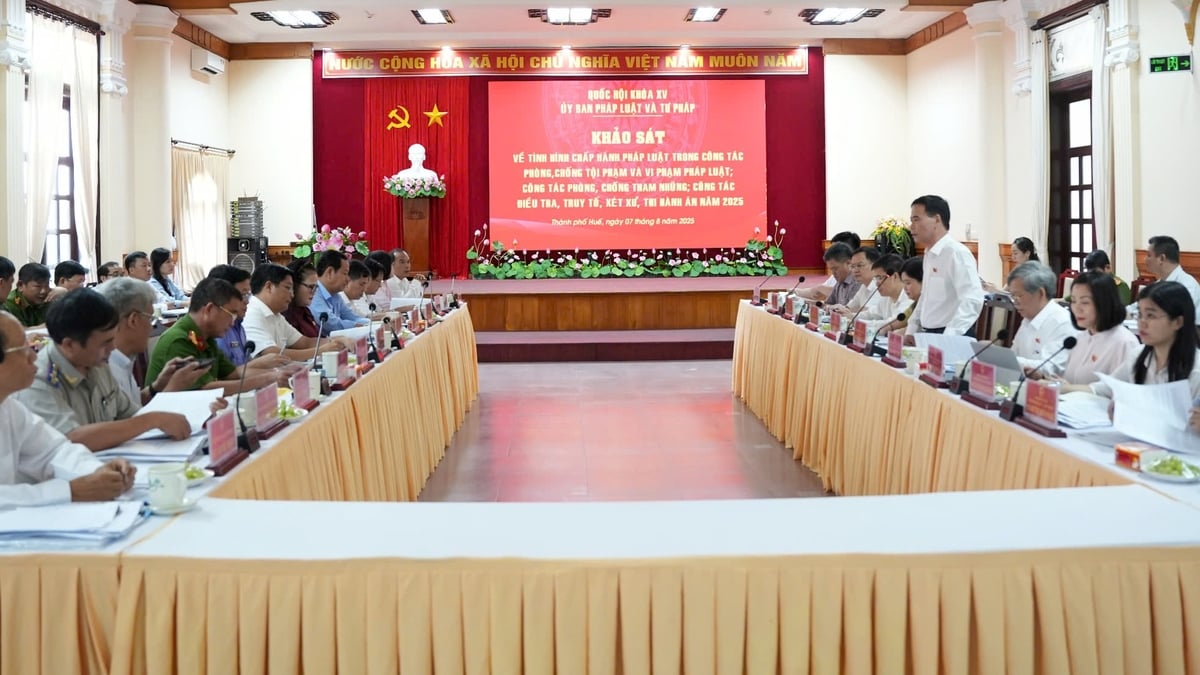


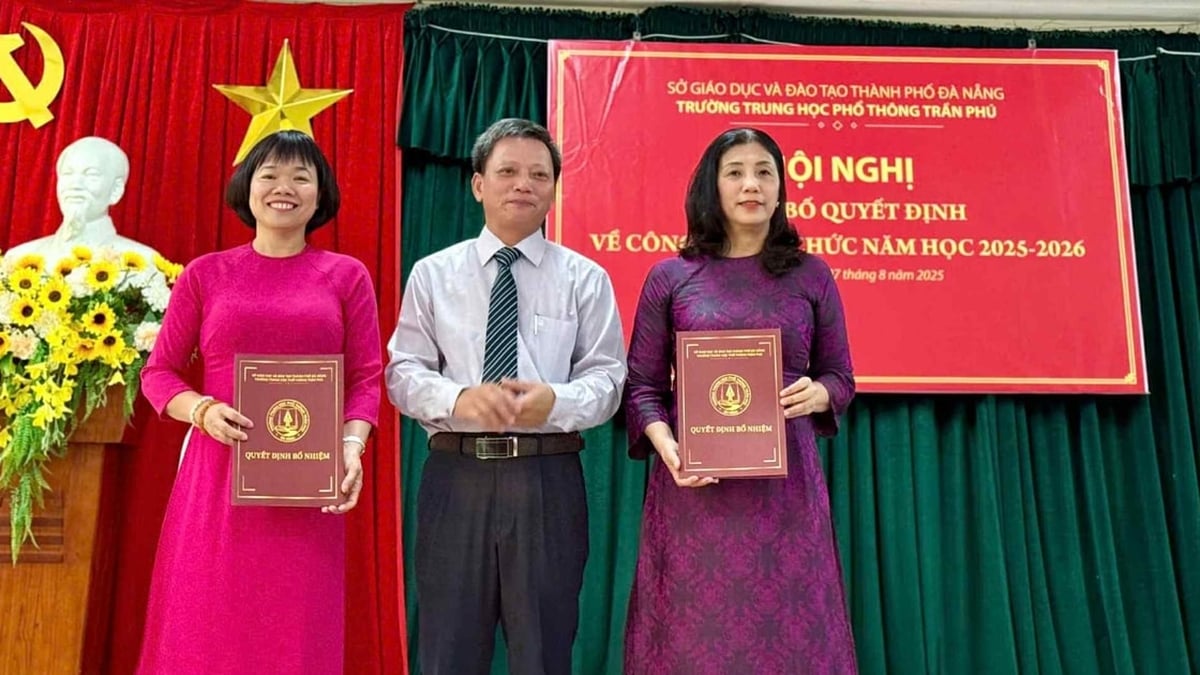
















![[Photo] Discover the "wonder" under the sea of Gia Lai](https://vphoto.vietnam.vn/thumb/1200x675/vietnam/resource/IMAGE/2025/8/6/befd4a58bb1245419e86ebe353525f97)


![[Photo] Nghe An: Provincial Road 543D seriously eroded due to floods](https://vphoto.vietnam.vn/thumb/1200x675/vietnam/resource/IMAGE/2025/8/5/5759d3837c26428799f6d929fa274493)
























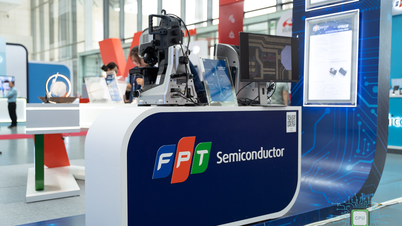


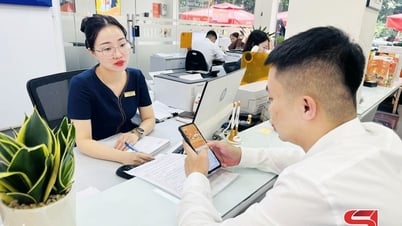


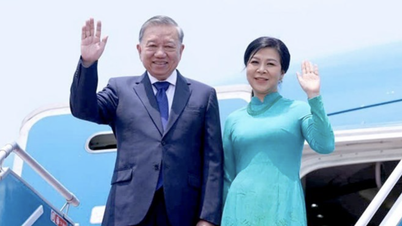




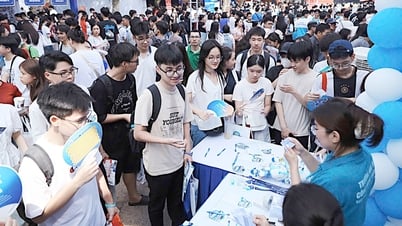






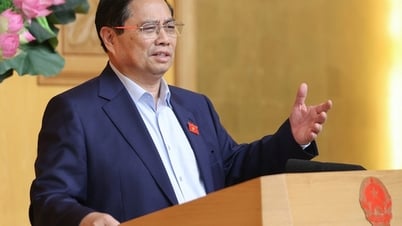




















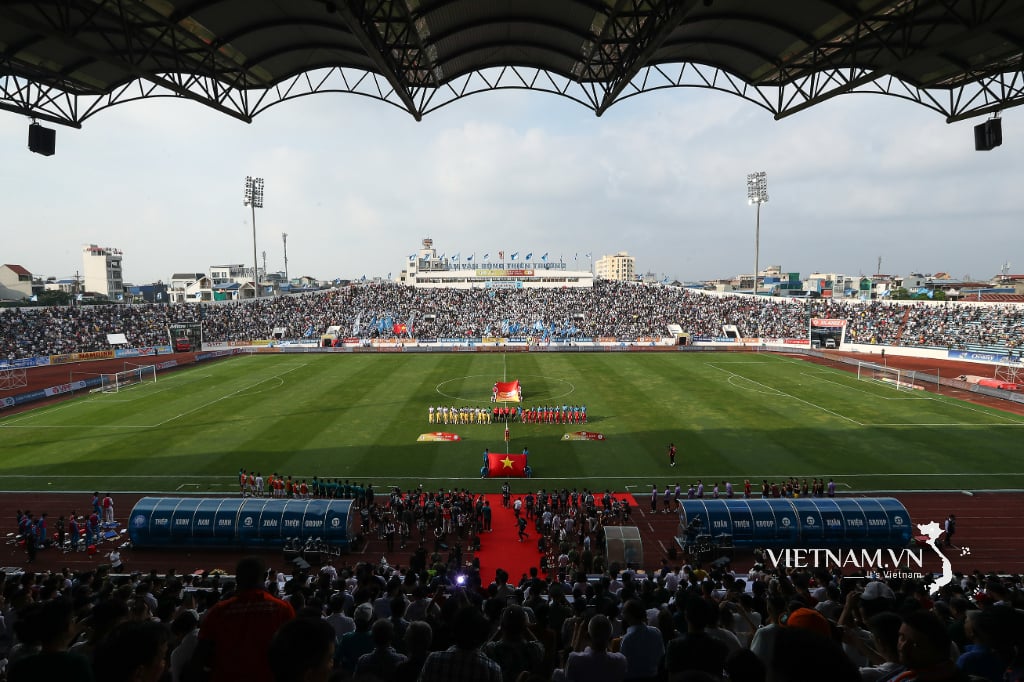

Comment (0)